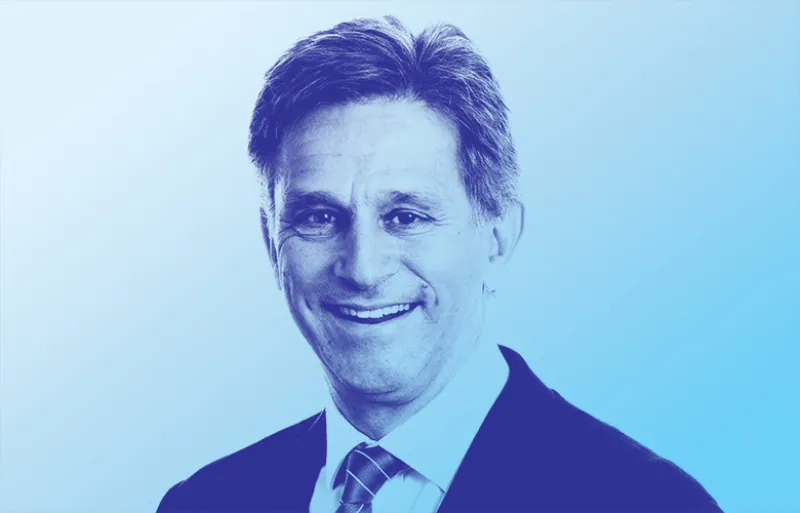The chief executive officer of Polar Capital Holdings, a fund manager with £10.6 billion ($14.2 billion) of assets, is preparing to woo North American endowments and pensions under a U.S. expansion strategy.
Gavin Rochussen, who joined the firm as CEO in July, said in an interview that London-based Polar plans to compete for niche mandates from U.S. institutional investors. He said he will position the firm to do by hiring entire investment teams from rivals, recruiting individual money managers and potentially acquiring investment firms.
The majority of Polar’s assets are tied to retail investors in the U.K. and Europe, according to Rochussen, who previously served as CEO of J.O. Hambro Capital Management. Under the firm’s expansion and diversification strategy, Polar will focus on developing relationships with large, global consultants, before building U.S.-based teams for investing, client services and sales support, he said.
“We are going to be looking at giving far more attention to the institutional channel, with pensions and endowments in the U.S.,” said Rochussen. “To do that, we are going to have to attract teams that can manage institutional strategies.”
Polar has tripled assets under management in the five years to September, and already has “a couple of hundred million” dollars from U.S. investors in its hedge funds, according to the CEO. The firm offers equities strategies in such areas as Japan, healthcare, financial services, technology and U.K. Value.
“In the institutional channel, it is all about consultant relationships,” Rochussen said. “What we don’t have is the team or strategies that will leverage those relationships.”
Analysts have predicted that Polar will likely embark on a bolt-on acquisition strategy because of the amount of cash it has sitting on the balance sheet. In a note on Wednesday, Paul McGinnis, an analyst at Shore Capital, said the asset manager has “£50m of balance sheet cash and another £22m in seed” capital that could help it pursue acquisitions.
Rochussen said that Polar would consider bolt-on purchases, but growth by acquisition was not its complete strategy.
“I am not saying we are going to grow by acquisition, but, if something comes up and makes sense, obviously Polar is in a very good position,” he said. “Polar is a fantastic home for talented fund managers as regulations make it more difficult for fund managers to set up on their own.”
The Markets in Financial Instruments Directive II, which takes effect in early 2018, will make it more difficult to start asset management firms, according Rochussen. The regulation will disproportionately impact small and boutique firms that rely heavily on third-party research, and at a time when boutique asset managers are already being squeezed by such cost pressures as declining fees.
[II Deep Dive: Small Asset Managers ‘Imperiled’ By New Regulation]
At J.O. Hambro, Rochussen executed a similar expansion strategy, attracting specialist equity-fund managers from niche firms and building out assets in the U.S. For Polar, he says the opportunity lies in winning “satellite mandates” where institutional investors are willing to pay higher fees for specialist managers.
Rochussen cited the group’s recent launch of its Automation & Artificial Intelligence fund as an example of the type of specialist strategy that’s more likely to win business from institutional investors.
“We will never become a core manager,” he said. “What we will be is a satellite manager adding alpha.”







